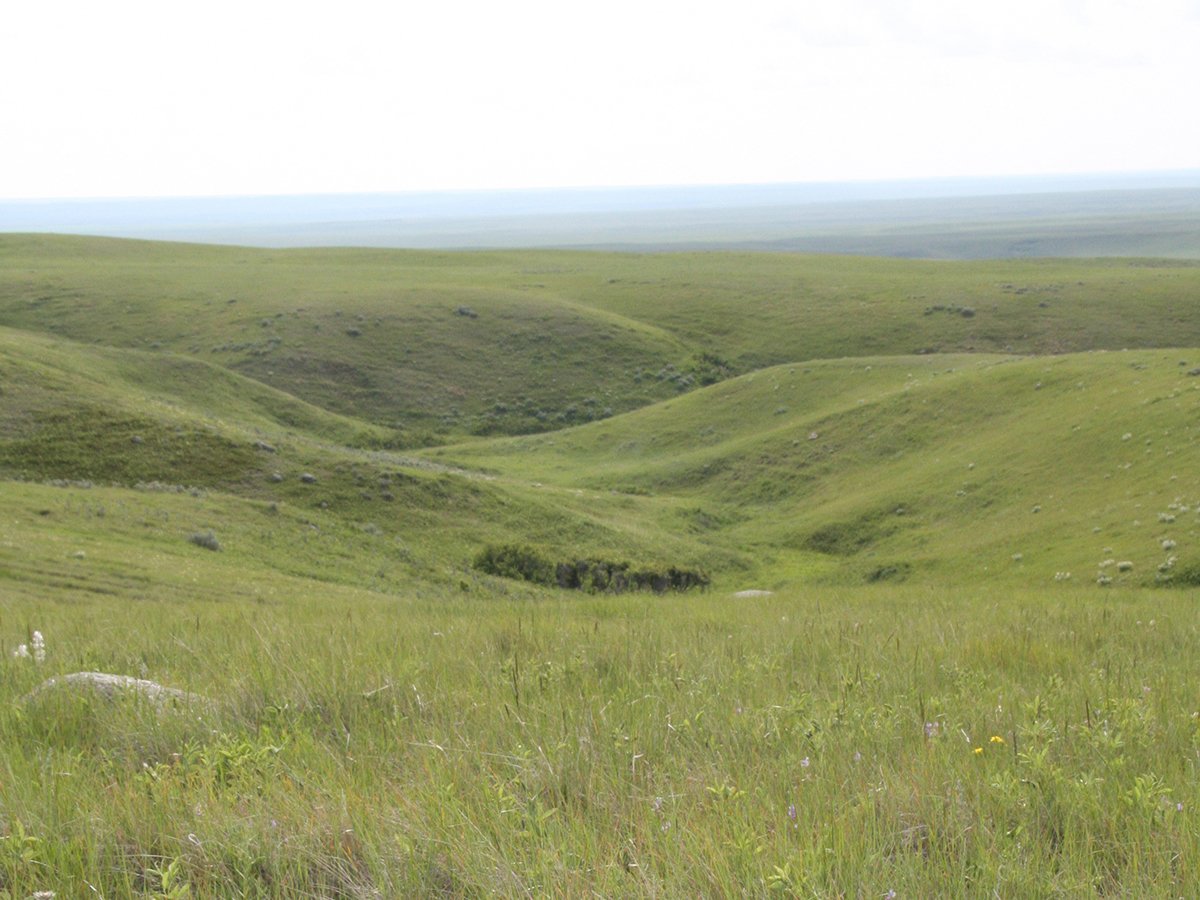NASHVILLE, Tenn. – Feeding vitamin E to pregnant cows may result in healthier calves.
“We’re continuing to find new functions for this important vitamin,” said veterinarian Terry Swecker of Virginia Tech University’s college of veterinary medicine.
A recent study found one-day-old calves from cows fed 1,000 international units of vitamin E had better immune systems.
Cows received the vitamin free choice for 30 days before calving.
Fresh pasture is a good source of vitamin E, but once that forage is harvested or cows are turned out on stockpiled forages, vitamin levels decline and some cows could end up deficient.
Read Also

Alberta irrigation project on grasslands approved
Environmental concerns raised by Alberta conservation groups over irrigation expansion project within rural municipality
They are then unable to transfer the vitamin to the fetus.
Cold spring calving can be stressful for the newborn calf and it could be susceptible to a host of problems.
“Anything we can do to help that calf make a good 24 hours, or first week or three weeks, we know that’s a benefit for that calf later in life,” Swecker told a news conference at the National Cattlemen’s Beef Association convention in Nashville Jan. 31.
Researchers examined milk composition and found differences between milk that came from cows receiving the supplement and those that did not.
The study, which examined Hereford and Angus cows, found increased weaning weights in the Herefords. However, the Angus cows appeared to have higher vitamin E concentrations in their blood serum regardless of supplementation.
Swecker said the university research herd is small, so the study could not determine whether the breed differences were totally relevant.
Adding vitamin E to pregnant cows’ supplement program cost about one cent US a day.
The research did not provide for followup on calves continuing to receive the vitamin after birth.
“I’d consider continuing the supplement in the spring until the pastures are productive and vitamin E is once again abundant in the forage,” he said.
Vitamin E is necessary for proper muscle and bone development and a healthy immune system. Colostrum is the primary source of the vitamin for newborn calves.
Cattle cannot store the vitamin, so are dependent on adequate intake through supplements or fresh forages.

















